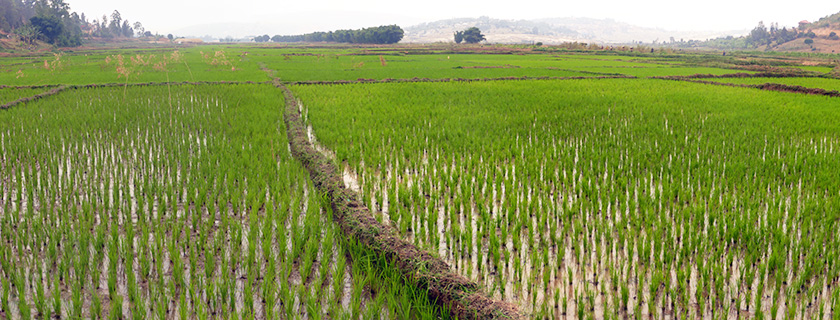New project in Rwanda: Restoration of Wetlands in the Kigali City – Sub-catchment of Gikondo and Nyabugogo
Nemus has recently reached a new stage in its internationalization process, with the awarding of a new project in the “country of a thousand hills”, Rwanda. With completion date scheduled for the end of October, the first project by Nemus in Rwanda is being developed for the Rwanda Environment Management Authority (REMA) and comprises detailed management plans for the restoration of Kigali’s wetlands.
The study area has over 500ha and includes the wetlands of Gikondo and Nyabugogo, which suffer from significant degradation of land, vegetation and water resources due to the increasing occupation by various industries, intrusive agriculture and housing areas.
Since these are areas often used for different activities, such as for agricultural and livestock purposes, used as a water reserve for domestic use or as a water supply to downstream river networks, particularly important during dry seasons, it becomes clear that it is very important to bridge the effects of this threat with impacts not just on the environmental level, but also on a human health level.
The project, which is funded by the World Bank, includes a review of the most relevant national policies and legislations, a social assessment of the study area with the purpose of understanding the surrounding communities’ use of the area, a deliberation on restoration and development options based on a cost-benefit analysis and stakeholders’ considerations, and the development of detailed and ecologically friendly wetland restoration and development plans to restore ecological functiong of the Gikondo and Nyabugogo wetland complex.
In addition to providing a physical and biological rehabilitation plan for the wetlands, which will allow for those areas to recover their ecological and hydrological roles under a sustainable management, the project also includes a presentation and discussion training course with various theoretical and practical modules and field visits, as well as a workshop on the overall plan.

